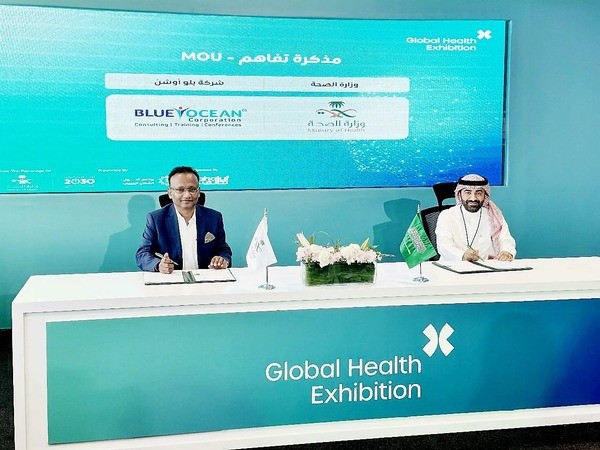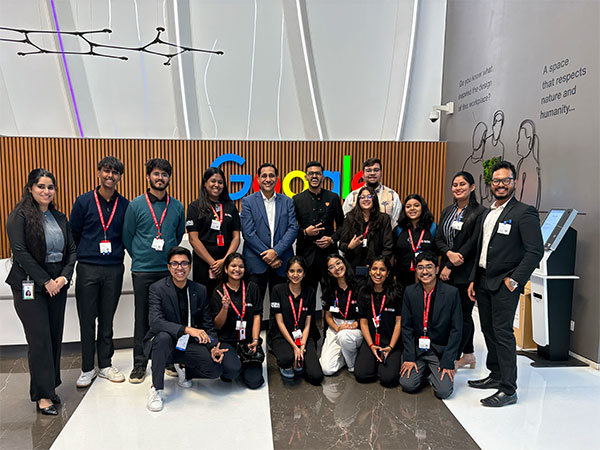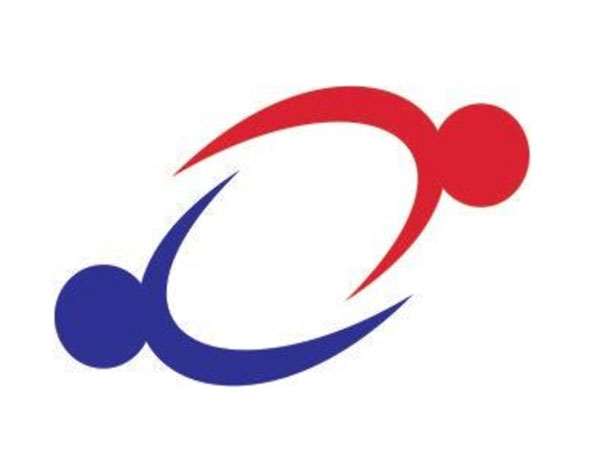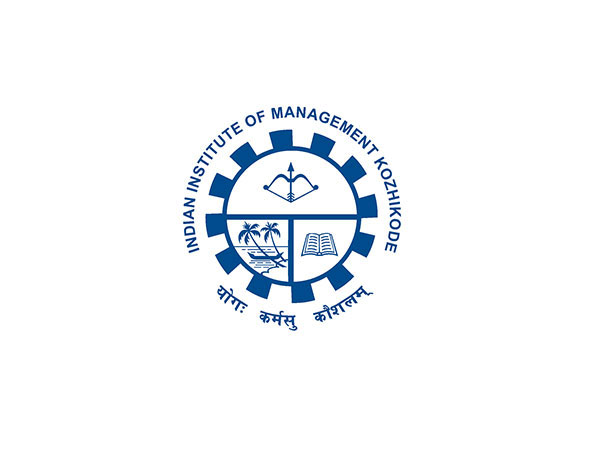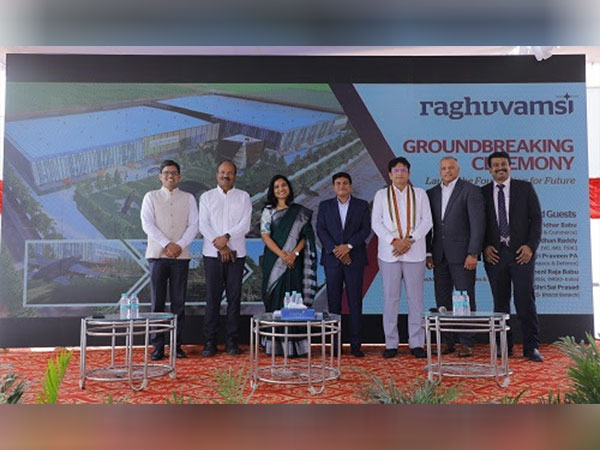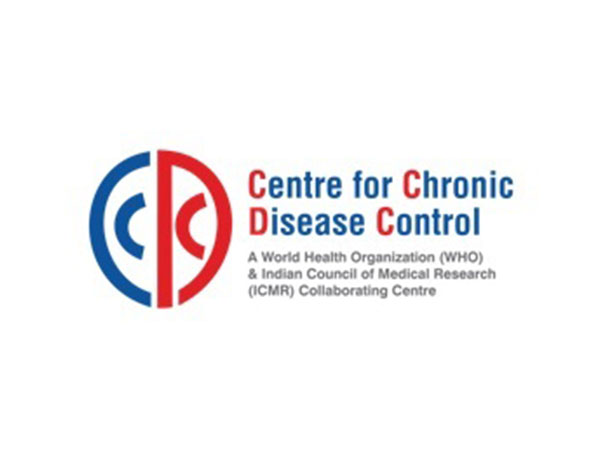
Hypertension Treatment Strategies for South Asians: Which Two-drug Combination Therapies are Effective
Nov 19, 2024
NewsVoir
New Delhi [India], November 19: The Centre for Chronic Disease Control (CCDC) announced the completion of the Treatment Optimization for Blood Pressure with Single-Pill Combinations in India (TOPSPIN) Study, a research initiative that tested the effectiveness of three double anti-hypertensive pill combinations in South Asian populations with uncontrolled hypertension. Conducted over two years in collaboration with the All India Institute of Medical Sciences (AIIMS), and Imperial College, London, the study demonstrated that all the three combinations were equally effective and safe in reducing ambulatory and office blood pressure.
With South Asians accounting for 25% of the global population, and India alone burdened with over 300 million individuals suffering from high BP, this is the first randomized study to test the choice of anti-hypertensive in them. These findings will provide clinicians a roadmap for addressing the burden of hypertension.
The TOPSPIN Study evaluated three two-drug combinations--Amlodipine + Perindopril, Amlodipine + Indapamide, and Perindopril + Indapamide--and revealed that all three combinations were similarly effective in achieving BP control. Key results include:
1. The absolute BP reduction at six months was around 14/8 mmHg (Ambulatory BP) and about 30/14 mmHg (Office BP) with all the three combinations.
2. Blood pressure control was achieved in approximately 70% of participants to <140/90 mmHg. This is 5 times the current BP control rates in India with just a single pill.
3. All combinations demonstrated an excellent safety profile, with less than 3% of participants withdrawing due to adverse effects, attesting to the tolerability of study drugs.
Prof (Dr) Dorairaj Prabhakaran, Executive Director, CCDC, and one of the Principal Investigators said, "The TOPSPIN Study demonstrates that once a day single pill combination of two blood pressure lowering drugs can control blood pressure effectively. This is in conformity with several international guidelines, eases the management of hypertension and provides wider choices to doctors. With this evidence, healthcare professionals can be better equipped in recommending any of these three combination therapies in managing hypertension among South Asians." Dr Prabhakaran also presented key findings from the study at the prestigious American Heart Association (AHA) Scientific Sessions 2024.
The major strength of the TOPSPIN study lies in its extensive participant base, spanning 35 clinical sites across all four regions of India and incorporating both rural and urban populations. The participants, aged 30 to 79, had a wide range of clinical profiles, making the results applicable to a diverse population.
Prof Ambuj Roy, Professor, Department of Cardiology, AIIMS, and another Principal Investigator of the Study stated, "TOPSPIN bridges a critical knowledge gap in hypertension treatment for South Asians. It provides novel evidence to choose any of these three combinations to treat high blood pressure in Indians. It is important to note that the blood pressure control achieved with a single pill a day in 70% of the participants in the study exceeded the current control rates in India by 5 times. This has important implications for management of hypertension, a major public health burden in India."
A surprising outcome of the study was the lack of significant difference in BP control between the combinations tested, which contrasts with findings from the CREOLE study conducted in Sub-Saharan Africa, where different results were observed. The findings suggested that the combination therapies tested may have different effectiveness by ethnicity.
Prof Neil Poulter, Professor of Preventive Cardiovascular Medicine, Imperial College London concluded, "The results of the Study will play a crucial role in shaping the future of hypertension management, not only in India but also across the South-Asian diaspora. These findings can guide physicians in selecting the most effective treatment strategies for patients, ensuring better blood pressure control with minimal risk." Prof Poulter is also one of the Principal Investigators, with Imperial College London being the sponsor of the Study."
With its emphasis on reducing 24-hour ambulatory BP and enhancing treatment options, the TOPSPIN Study paves the way for improved hypertension care across India and beyond. This research marks a step forward in hypertension management within the specific population and contributes to building healthier, more resilient communities.
The Centre for Chronic Disease Control (CCDC) is leading efforts to transform public health and empower public health professionals to combat the growing challenge of chronic diseases across India and low- and middle-income countries (LMIC). Established in 2000 as a non-profit scientific organization, this Delhi-based organization has been working alongside the Government of India (GoI) to reduce the burden of chronic diseases in India.
(ADVERTORIAL DISCLAIMER: The above press release has been provided by NewsVoir. ANI will not be responsible in any way for the content of the same)

